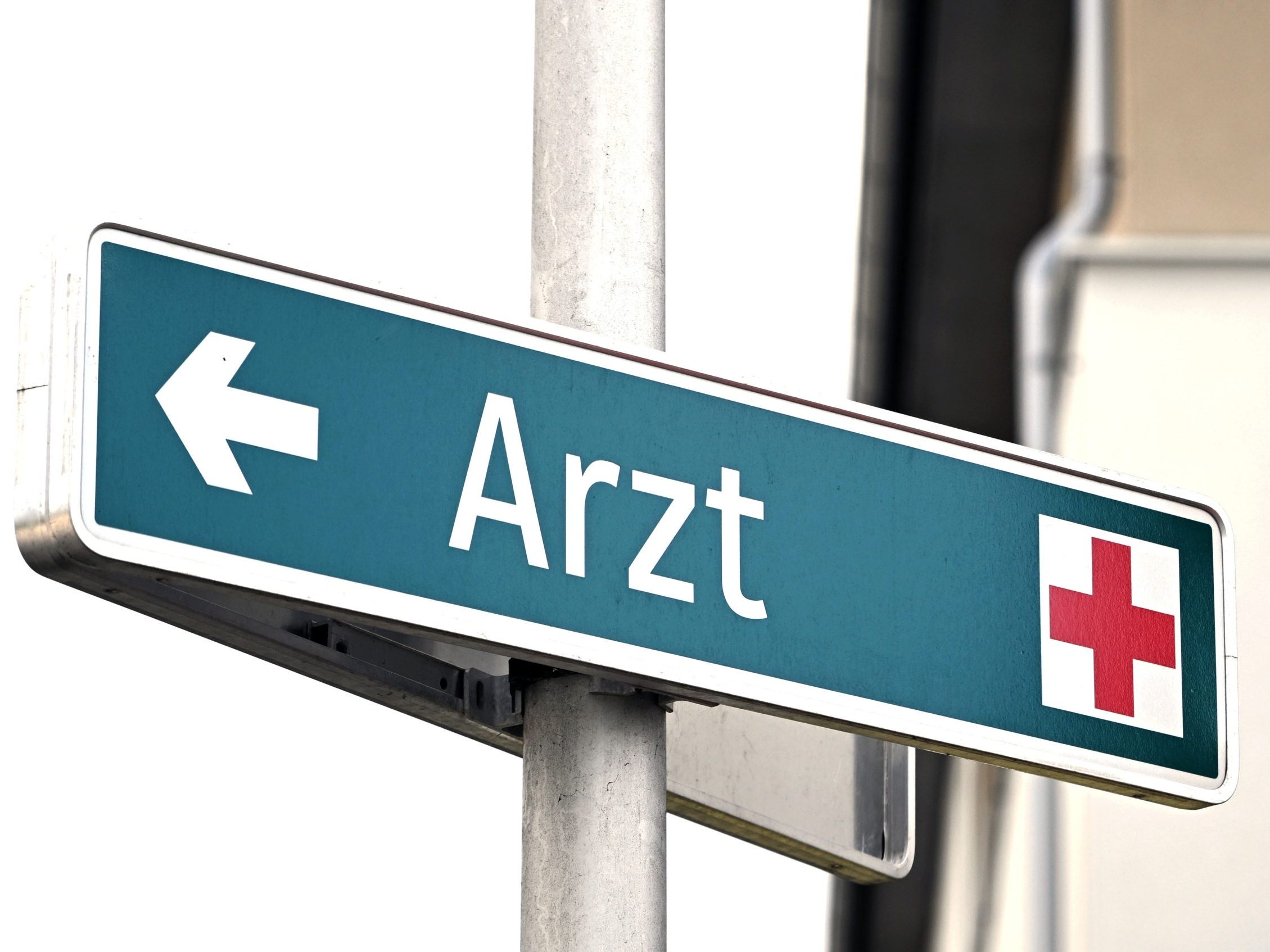Long Waiting Times, Doctor Shortage: Austrians Detect Deterioration in the Healthcare System

Currently, half of the people in Austria are generally satisfied with the public healthcare system, with eleven percent even being very satisfied. However, according to a Gallup survey, 45 percent also believe that medical care has deteriorated over the past twelve months. Only eight percent see an improvement, according to this year's "Health Study" by Wiener Städtische, which was presented on Thursday in Vienna.
Lack of General Practitioners Reduces Satisfaction
The main reason for the criticism is the availability of general practitioners: 56 percent find that there are too few general practitioners in this area, and even 70 percent note a shortage in other specialties. This directly leads to complaints about long waiting times, said Sonja Brandtmayer, Deputy General Director of Wiener Städtische. The majority wait only "a few days" for an appointment with a publicly funded general practitioner. However, for a specialist with a public contract, one often has to wait more than two months, according to 35 percent.
Possibly as a result, more and more people are interested in the answers of Artificial Intelligence (AI) to their health questions. "Already a third of the Austrian population has experience with using AI in relation to health topics," said Gabriele Reithner from the Gallup Institute. 22 percent could at least imagine using AI for this purpose. However, 42 percent fundamentally rejected it. Among younger people up to 35 years, more than half have already gathered experiences with AI health advice.
Health Literacy Becomes Increasingly Important
For 53 percent, medical information is still "definitely more trustworthy than AI" and for another 32 percent "rather trustworthy." However, one in ten considers information from AI to be rather (eight percent) or definitely (two percent) more trustworthy. The results clearly show "how important health literacy is," said Brandtmayer.
44 percent of respondents described their physical health as good and 15 percent as very good. Mentally, 40 percent feel good and 16 percent very good. About a third feel average, ten and twelve percent respectively described their physical and mental health as poor, and one percent each as very poor. Physical and mental health has improved over the past twelve months for 14 and 16 percent respectively, while 24 and 21 percent reported a deterioration. At least a fifth of respondents with minor children in the household noticed an improvement in their children's mental state.
Alternative Treatments Still Widespread
Many seek help at least also from alternative methods: About every second person has experience with alternative or complementary medical treatments, most commonly with homeopathy, acupuncture, and osteopathy. Interest in this has increased for 28 percent, and among younger people up to 35 years, it is even 37 percent.
(APA/Red)
This article has been automatically translated, read the original article here.





